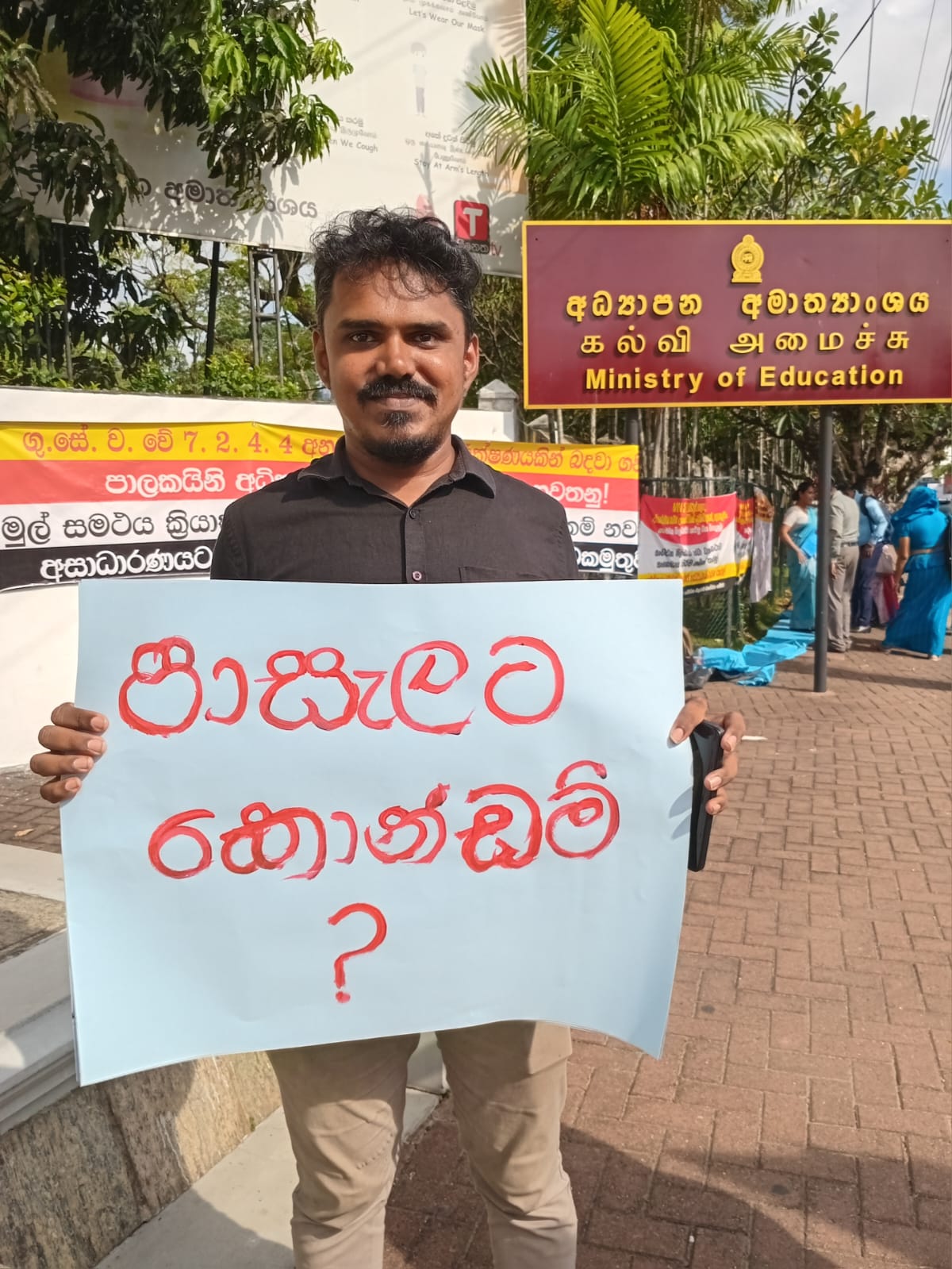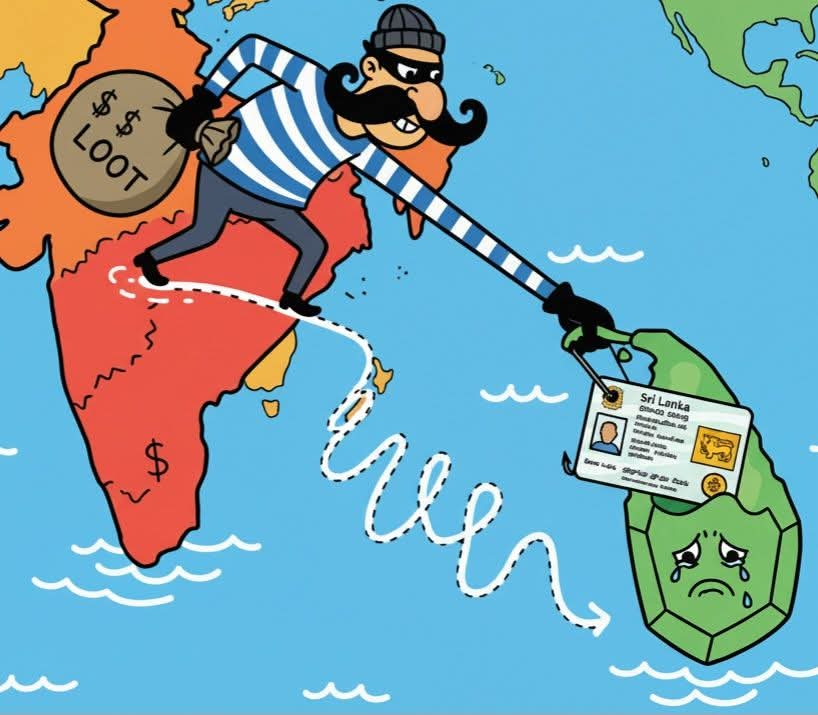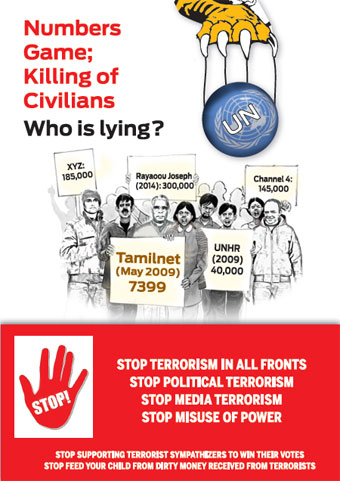Lyca Group’s Takeover of Sri Lankan Media: A Direct Threat to Democracy and Sovereignty
Sri Lanka is facing one of its most serious national security and sovereignty crises in recent years — yet many remain unaware. On March 27, 2025, the Supreme Court granted leave to proceed with a landmark case exposing how the powerful UK-based Lyca Group, through a sophisticated web of proxies and shell companies, has quietly taken control of more than 11 of Sri Lanka’s major media outlets, undermining national laws and endangering democratic freedoms.
The petitioner, Jamuni Kamantha Thushara, a well-known activist and Chairperson of the Citizens’ Movement Against Fraud, Corruption, and Waste, has accused Lyca Group of systematically violating Sri Lanka’s media ownership laws and national security regulations. Thushara, whose past activism contributed to the arrest of corrupt officials, is now taking on what may be his most dangerous fight yet — defending the nation’s information sovereignty from foreign corporate capture.
At the heart of the case is a deliberate and well-planned circumvention of Sri Lanka’s 40% foreign ownership limit on mass media companies. Through corporate vehicles such as Ben Holdings, Zentel Holdings, and Blue Summit Capital Management, Lyca Group has seized control of Swarnavahini, E TV, Shree FM, Monara TV, Athavan TV, and several others. Yet behind these names stand individuals who were explicitly denied security clearance by Sri Lanka’s Ministry of Defence due to concerns raised by the State Intelligence Service — a fact that should have immediately triggered alarm bells.
Instead, authorities failed to act, allowing Lyca’s affiliates to control key media institutions and even operate critical national transmission infrastructure such as towers located at Pidurutalagala. The petition details financial trails — including a suspicious USD 1.375 million transfer from a Portuguese firm linked to Lyca’s founder’s spouse — that expose the group’s shadowy control structure.
Adding to the urgency, the Lyca Group’s troubling international track record cannot be ignored. French courts have convicted Lycamobile affiliates of money laundering and VAT fraud. In the UK, Lyca faces massive tax disputes and winding-up petitions. Its offshore financial operations have been flagged by KPMG auditors as “deeply worrying.” Yet in Sri Lanka, the group continues to operate freely, evading scrutiny, thanks to regulatory complacency or worse.
This is more than a technical violation of media laws. It is an outright assault on Sri Lanka’s democratic system and a blatant challenge to the rule of law. The petition warns of the dangers of allowing a foreign corporate entity to control mass communication channels, shape public opinion, and potentially influence political outcomes — all without public knowledge or accountability.
The case, now before the Supreme Court and scheduled for argument on December 2, 2025, will determine whether Sri Lanka is ready to defend its democracy from corporate subversion. But beyond the courtroom, this is a call to action for all citizens, activists, and defenders of freedom. The silence and inaction of regulatory bodies like the TRCSL, the Ministry of Defence, and the Central Bank must be challenged. The public deserves transparency, and the media must be free from the grip of foreign entities with questionable agendas.
This is not just Thushara’s fight — it is the fight of every Sri Lankan who values democracy, sovereignty, and the right to unbiased information. The time to act is now.
76 Viewers








